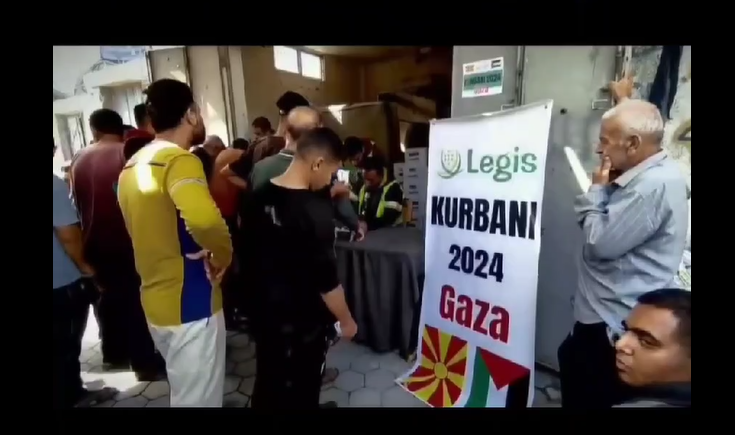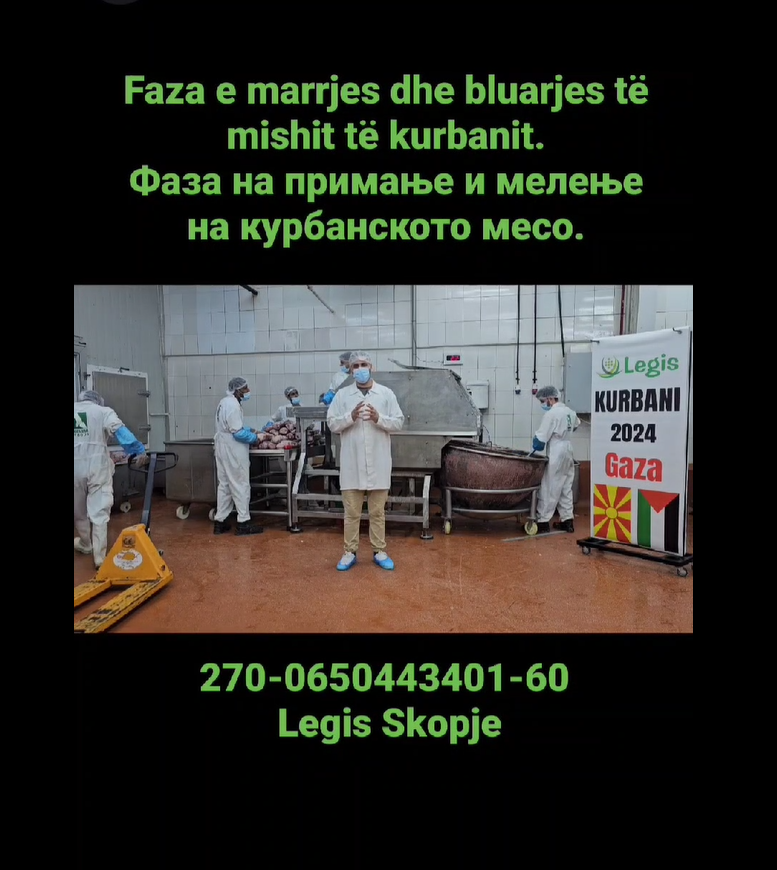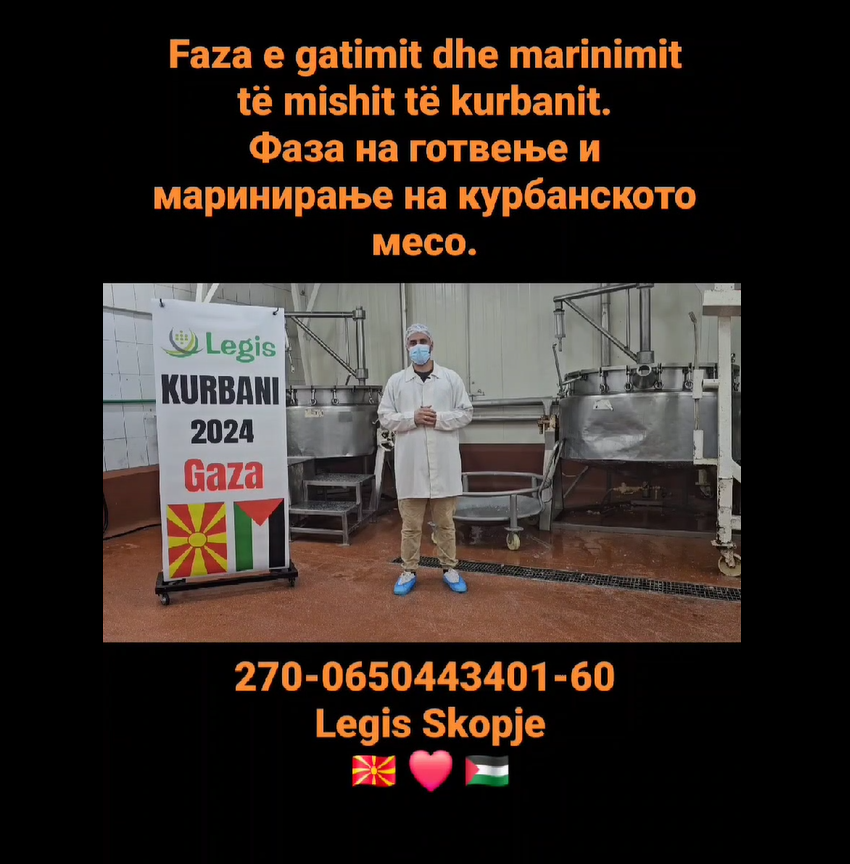The EU will block technology transfers to Russia, lock out its banks from Europe’s markets, and seize Russian assets in its “massive” reaction to the invasion of Ukraine, EU Commission president Ursula von der Leyen said Thursday (24 September).
The EU will block technology transfers to Russia, lock out its banks from Europe's markets, and seize Russian assets in its “massive” reaction to the invasion of Ukraine, EU Commission president Ursula von der Leyen said Thursday (24 September).
“We will target strategic sectors of the Russian economy by blocking their access to technologies and markets that are key for Russia. We will weaken Russia's economic base and its capacity to modernise,” she said in a press conference in Brussels, speaking ahead of an emergency EU summit later in the day.
“We will freeze Russian assets in the European Union and stop the access of Russian banks to European financial markets,” she added.
“These sanctions are designed to take a heavy toll on the Kremlin's interests and their ability to finance war,” she said.
The EU's foreign policy chief, Josep Borrell, speaking alongside her, said he would coordinate evacuations of EU nationals and EU diplomatic personnel still in Ukraine.
He vowed to make Russia face “unprecedented isolation” on the world stage by reaching out to Europe's international allies.
Russia's assault on Ukraine has also prompted debate in Germany and further afield about sending weapons to Ukraine.
“I was against arms deliveries in order to keep channels of communication with Moscow open. That's over for now. What matters now is defence. Whatever #weapons we can provide, we must deliver to #Ukraine,” Norbert Röttgen, a senior German MP tweeted.
“Innocent women and children are dying or fearing for their lives,” von der Leyen also said Thursday, amid the first reports of casualties from Ukraine in international media.
Borrell called the events “the darkest hours for Europe since the days of World War 2”. “It's costing many lives, with unknown consequences ahead of us,” he added.
“A major nuclear power has attacked a neighbouring country and is threatening reprisals against any other states that may come to its rescue,” he said.
The EU, on Wednesday night, prior to Russia's attack, already adopted its first tranche of Russia sanctions by imposing visa-bans and asset freezes on 374 Russian individuals and four entities.
The EU's “massive” economic sanctions were drawn up last April in coordination with the US and the UK, when Russia began its build up of military forces around Ukraine, but have remained a closely guarded secret.
An EU sanctions options paper drafted in 2014, when Russia first attacked Ukraine, indicated how far EU leaders might be willing to go.
It outlined three scenarios: low-intensity, medium intensity, and high intensity.
The EU's 2014 “high-intensity” option named five steps: “capital market restrictions”; “prohibition of new investment in Russia”; “strict application of EU regulatory rules to Russian assets in EU companies”; an “import ban on gas”; and “an import ban on oil”.
No leaders mentioned halting Russian gas or oil imports in the run-up to Thursday's events.
But according to research by the Kiel Institute for World Economy, a German think-tank, a Russia gas embargo by the EU and its allies, including the US, the UK, and Japan, would cost Russia 2.9 percent of its GDP and an oil embargo a further 1.2 percent, while doing little immediate harm to Europe.
“The medium-term economic consequences of trade embargoes would hit Russia much harder than the Western allies,” Kiel's Hendrik Mahlkow said.
Source: euobserver.com




